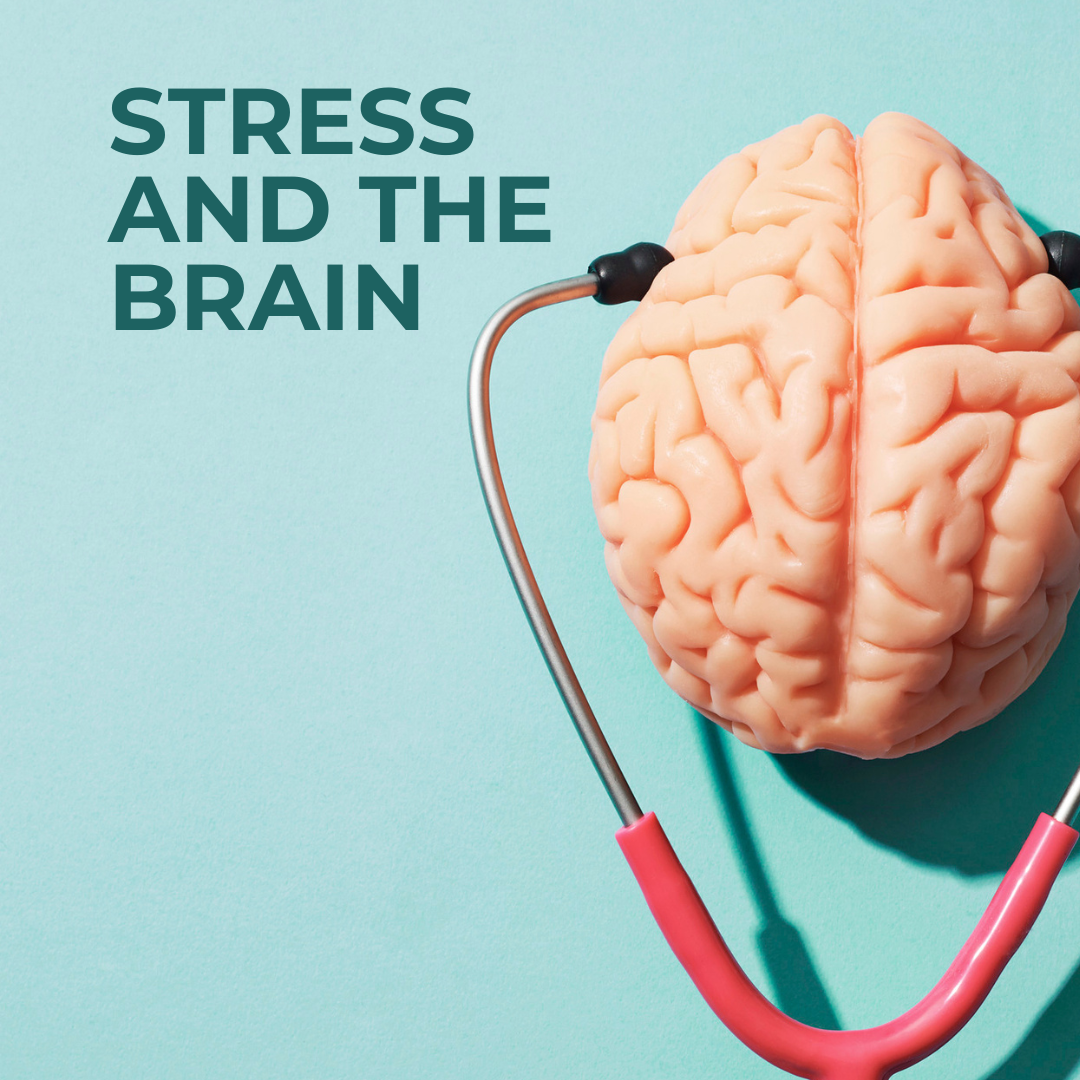Ways Stress Affects Your Brain
Stress is an inevitable part of life, but chronic stress can have profound effects on your brain and overall well-being. Understanding how stress impacts your brain can help you develop strategies to manage it effectively. Here are five significant ways stress affects your brain
1. Memory and Learning Impairment
Chronic stress can negatively impact your brain’s ability to store and retrieve memories. The hippocampus, the area responsible for memory and learning, is particularly vulnerable. Elevated levels of cortisol, a stress hormone, can shrink the hippocampus, making it harder to form new memories and recall existing ones. This is why you might find it challenging to concentrate or remember details when you’re stressed.
How to Mitigate: Engage in regular physical exercise, practice mindfulness, and maintain a healthy diet to support hippocampus health and improve memory functions. Learn more about memory and learning impairment.
2. Emotional Regulation
Stress can significantly affect the amygdala, the part of your brain that regulates emotions. An overactive amygdala due to stress can lead to heightened emotional responses such as anxiety, fear, and aggression, making it difficult to manage your emotions effectively, leading to mood swings and irritability.
How to Mitigate: Incorporate relaxation techniques such as deep breathing, meditation, and yoga into your routine to help calm the amygdala and improve emotional regulation. Discover more about emotional regulation.
3. Cognitive Function
Chronic stress can impair cognitive functions, including problem-solving, decision-making, and critical thinking. The prefrontal cortex, responsible for these higher-level cognitive processes, can be compromised by long-term stress. This can result in difficulty focusing, poor judgment, and decreased productivity.
How to Mitigate: Practice stress-reduction strategies like time management, setting realistic goals, and taking regular breaks to protect and enhance cognitive function. Read more about cognitive function.
4. Mental Health Disorders
Prolonged stress is a significant risk factor for developing mental health disorders such as depression and anxiety. Chronic stress can lead to changes in brain structure and function, making it harder to cope with additional stressors, creating a vicious cycle where stress leads to mental health issues, which in turn increase stress levels.
How to Mitigate: Seek professional support from a therapist or counsellor, and consider therapies such as Cognitive Behavioural Therapy (CBT) to develop coping mechanisms and improve mental health. Learn about mental health disorders.
5. Neuroplasticity
Stress can hinder neuroplasticity, the brain’s ability to adapt and reorganize itself. High levels of stress hormones can reduce the production of new neurons and limit the brain’s ability to adapt to new situations or recover from injury, affecting learning, memory, and overall brain health.
How to Mitigate: Engage in activities that promote neuroplasticity, such as learning new skills, staying socially active, and maintaining a stimulating environment. Explore more about neuroplasticity.
Conclusion
Understanding how stress affects your brain is crucial for developing effective strategies to manage it. By incorporating regular physical activity, mindfulness practices, and seeking professional support when needed, you can mitigate the adverse effects of stress on your brain and improve your overall mental health and well-being.
At Mindful Insights Psychotherapy, we are dedicated to helping you navigate the challenges of stress and its impact on your brain. If you’re experiencing chronic stress and need support, reach out to us for a consultation. Together, we can develop personalized strategies to enhance your resilience and improve your quality of life.
Feel free to contact us at Mindful Insights Psychotherapy to learn more about how we can help you manage stress and improve your mental health.

